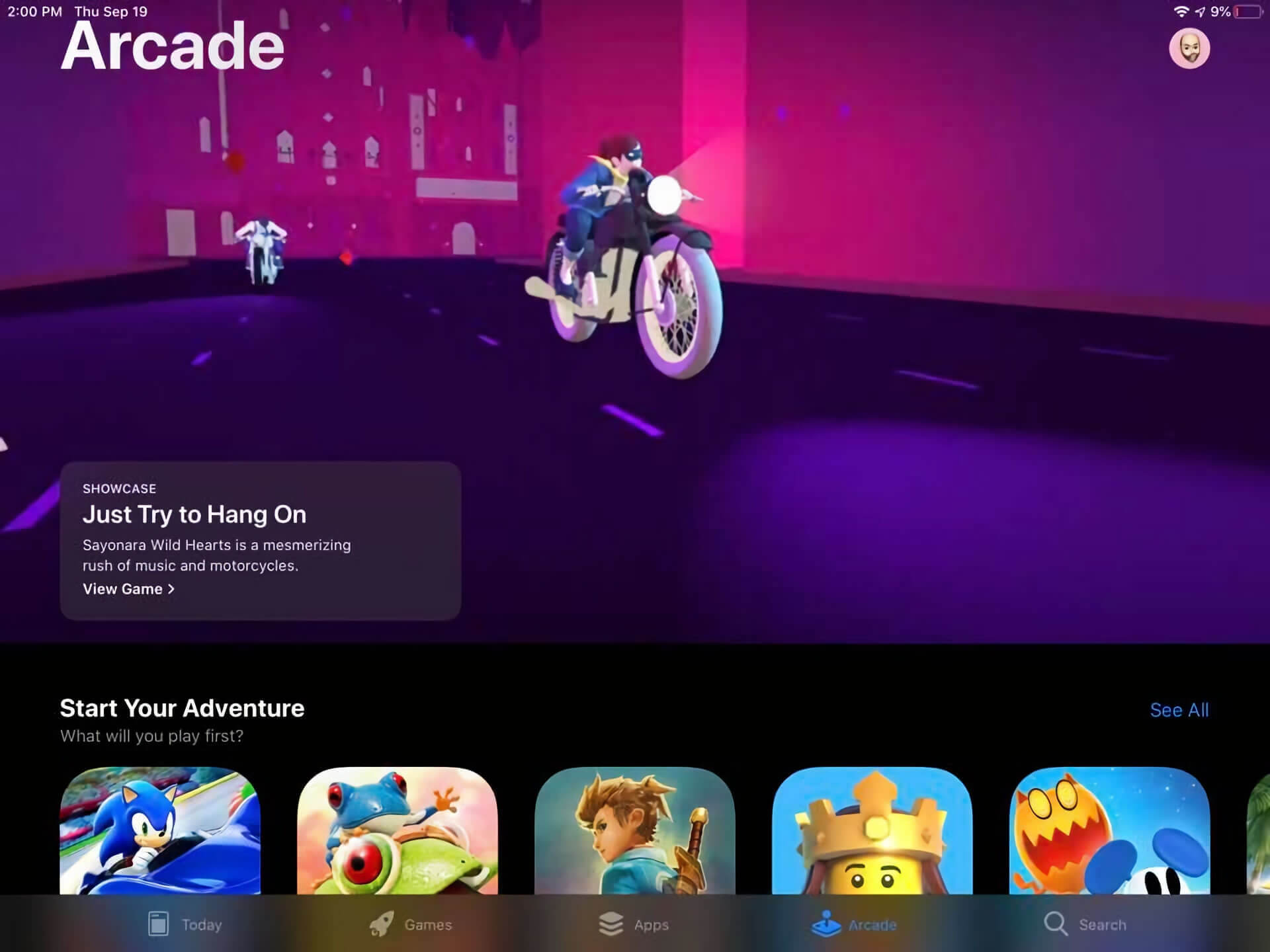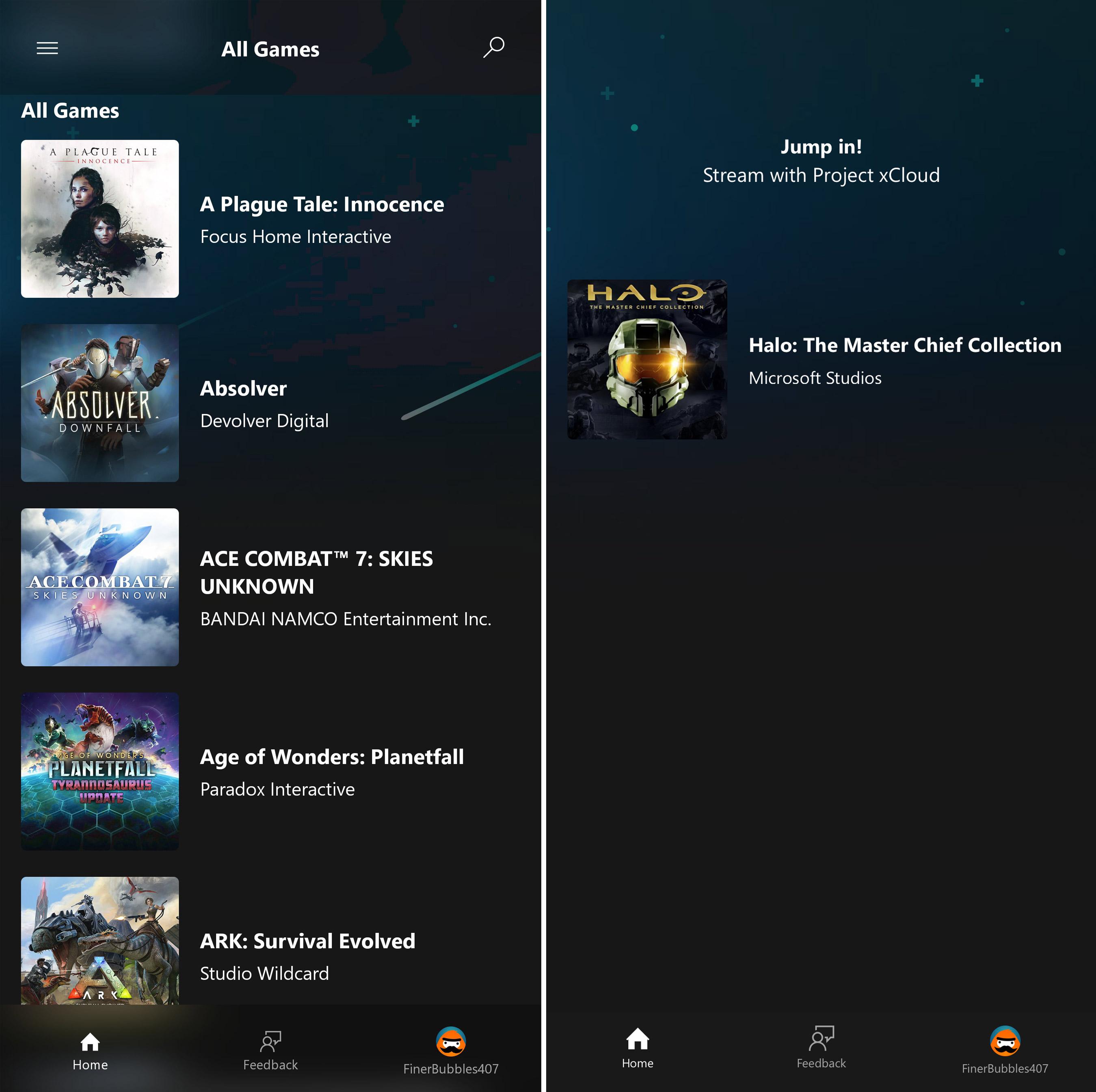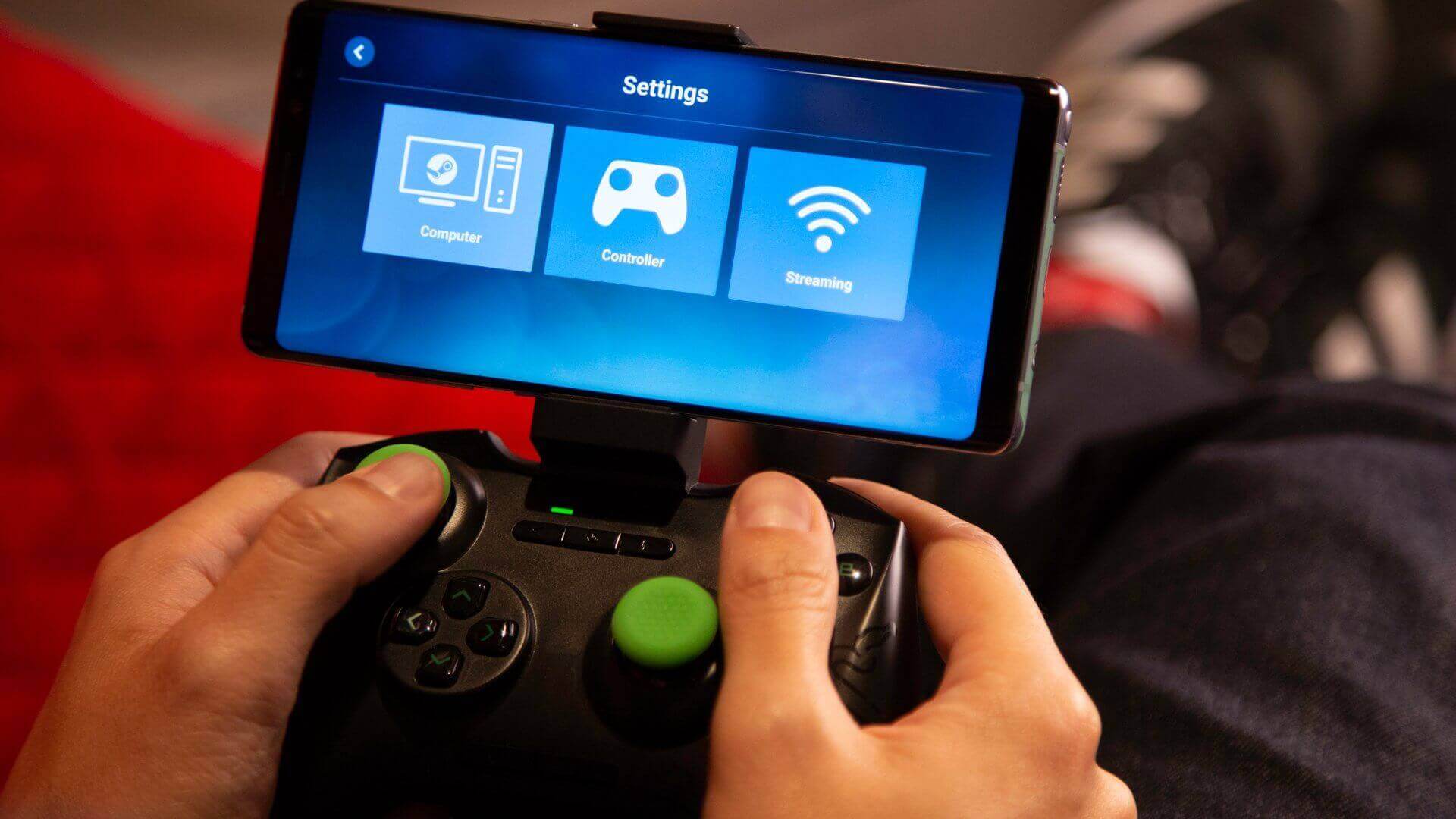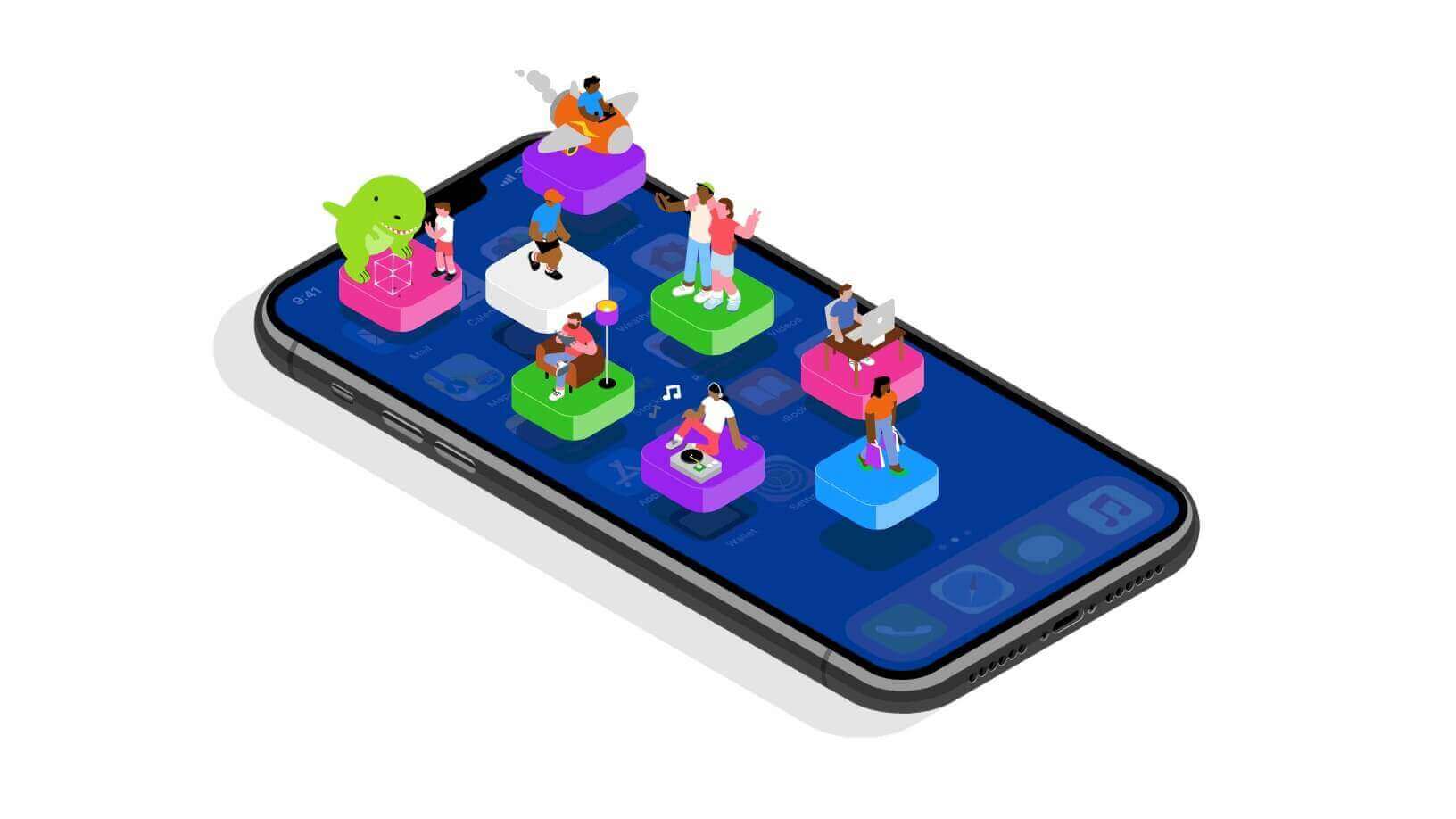Why it matters: Apple has set up its App Store in a way that makes it very easy for its apps and services to succeed while putting high barriers of entry for the competition. iPhone and iPad users who want to use a game streaming service like Google Stadia or GeForce Now won't be able to unless Apple changes the rules of its app marketplace.
There are over 1 billion users that own an iPhone or an iPad, and Apple has been working to monetize them in new ways to compensate for a slowdown in hardware sales.
For instance, the Cupertino giant has created Apple Arcade, a subscription service that gives users access to a treasure trove of curated mobile games for $5 per month or $50 per year. With it, the company has essentially removed all BS from mobile gaming, which is a good thing whichever way you feel about the game selection.
The problem, however, is that Apple's loyal customers don't really have much of a choice right now, mostly because the company doesn't allow services like PS Now, Google Stadia, Microsoft's xCloud, or Nvidia's GeForce Now. You can have these on Android, but not on iOS.

That is because App Store guidelines prohibit services that rely on streaming from the cloud. Specifically, the rules don't allow apps that act as a repository for content from other publishers. And since online game streaming providers work by hosting games in the cloud and sending an encoded video of the rendering to a user, they don't align with Apple's guidelines, which state that "games offered in a game subscription must be owned or exclusively licensed by the developer (e.g. not part of a game publishing platform)."
By contrast, Apple Arcade is a game subscription service where games are owned or licensed by Apple and downloaded directly from the App Store. Once downloaded, they are run locally, as Arcade isn't a game streaming service. This gives Microsoft the ability to offer games like Halo through its xCloud app on iOS, compared to a large library on the Android version.

David Bernard, who is a longtime independent developer and advocate at RevenueCat, told Bloomberg that "there's a fraught relationship between developers and Apple precisely because of rules like this." But while he's grateful to the company's marketplace for being a great source of revenue, the heavy handed approach puts developers at a disadvantage.
According to SensorTower, Apple takes the lion share -65 percent- of global app revenue. The company takes a 30 percent cut of all in-app revenue, which isn't that enticing to developers. There's only one game subscription offering called GameClub that has made it into the App Store after being rejected 127 times, but it required an arduous effort to submit each game separately under the same developer account.

Services like Valve's Steam Link and Sony's PS4 Remote Play have similarly had to adapt to make it into the App Store, which is to say there's no option in these apps to purchase any games.
Apple told Bloomberg its apps operate in categories where there's plenty of competition, but hasn't said if it's working with game streaming services to find a way to make them work in the App Store.
The Cupertino giant is currently the subject of antitrust investigations in the EU and US. Lawmakers are interested in finding out if Apple is abusing its ownership of a platform to push its own services at the expense of other providers. It will take some time to answer this question, but recent controversies such as the way the App Store's search algorithm has been pushing Apple's own apps and iOS 13 looking like adware aren't helping.
